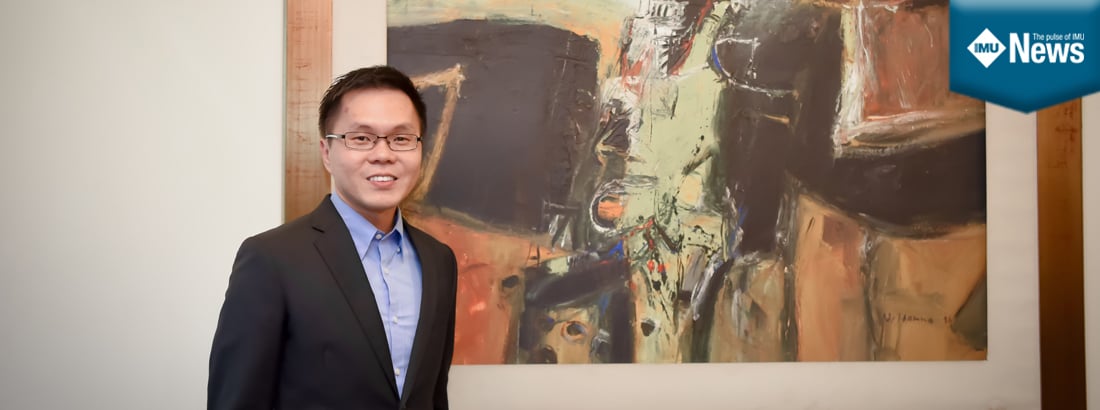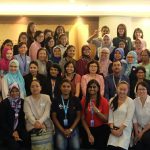Dr Erwin J Khoo (in the photo above) is the author of this paper.
There have been many stories of migrant workers failing to get access to proper health care treatment. It can be distressing to see how we have settled into what is, the “new normal” of living when allocating scarce resources during the pandemic. It is time to take a step back and promote evidence-based discussions on migrant health policies. Dealing with inequity and injustice are regular challenges in health care delivery system. We have a duty to improve the health of the vulnerable regardless of nationality or race. Debates on resource allocation in health economics are driven by rising costs and budget pressures. When migrants or others alike, need urgent health intervention and financial support, it can lead to moral distress. An issue that is seen is the evoked tension between the internal ethics of medicine that is treat all who are in need, and the collective political ethics of a sustainable health care system. This seems to be an issue in every country. The problem is compounded by the negative depiction of migrants. The description of migrants as ‘the other’, presents a burden on the already “troubled” perception of health care system’s resources. Such a view further encourages negative sentiment in the community. “Speaking up” can help correct prejudiced representations present and further ensure that their health care needs are conveyed. Everyone should advocate for victims of unjust policies and contribute to a humane narrative when dealing with migrants. Our patients, undocumented or otherwise, are typically hardworking and family-oriented human beings. Migrants must be seen with empathy and not be treated as criminals. The reality is that some of us have become accustomed to our own implicit bias. So, ethical principles alongside concepts of cultural humility and cultural competence must be introduced in health professionals’ training and health-administrative education without any more delay. Resource allocation such as the distribution of vaccine or others alike, will forever be a debate. Advocacy for reallocation of resources to noncitizens is a difficult message to sell. But take the example of providing dialysis through charity care, it is a humane and cost-effective alternative to having the patient appear in the emergency department every time they are in a crisis. Today, we can easily plan for a ‘migrant-friendly’ service by taking simple effort such as ensuring access to translation services and frequent engagement with migrant-serving agencies such as IMU Cares to break down communication barriers. The use of translators is one instance of an essential but simple measure of caring for migrant patients. At the end of the day, whilst migrants may not have their medical needs met because of limited resources, we can at least do our best to listen, and show compassion, concern and caring. Read the full article published in The International Journal of Health Planning and Management: https://onlinelibrary.wiley.com/doi/10.1002/hpm.3148
Erwin J Khoo
Deputy Director, Centre for Bioethics and Humanities, International Medical University
Join us on Zoom for the launch of our Centre for Bioethics and Humanities on 23 June and listen to a webinar on “Bioethical Issues during the COVID-19 Pandemic”! Please click on the link on 23 June 2021 at 12 pm (GMT +8): https://imu-edu-my.zoom.us/j/91220453088 Passcode: 457356 No registration required! See you there!









